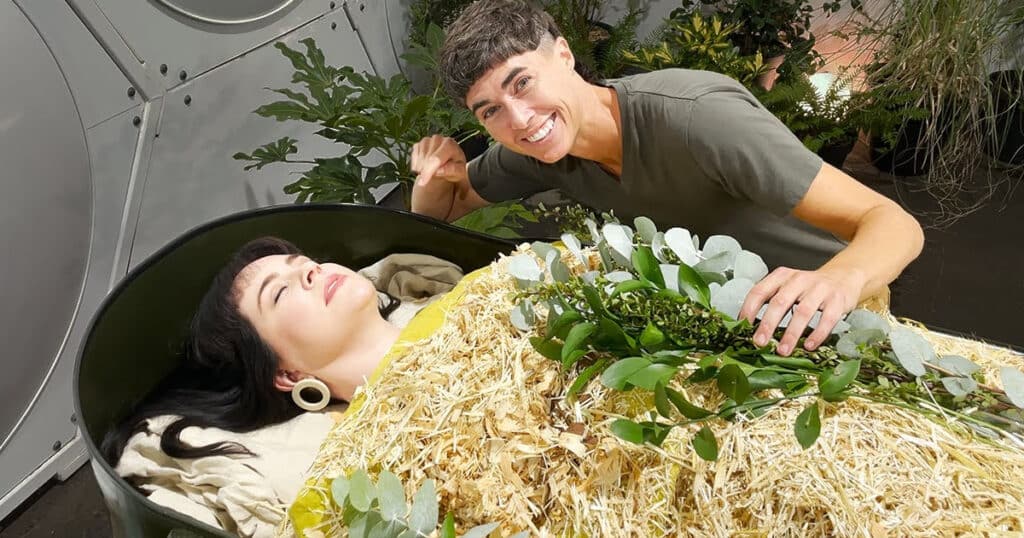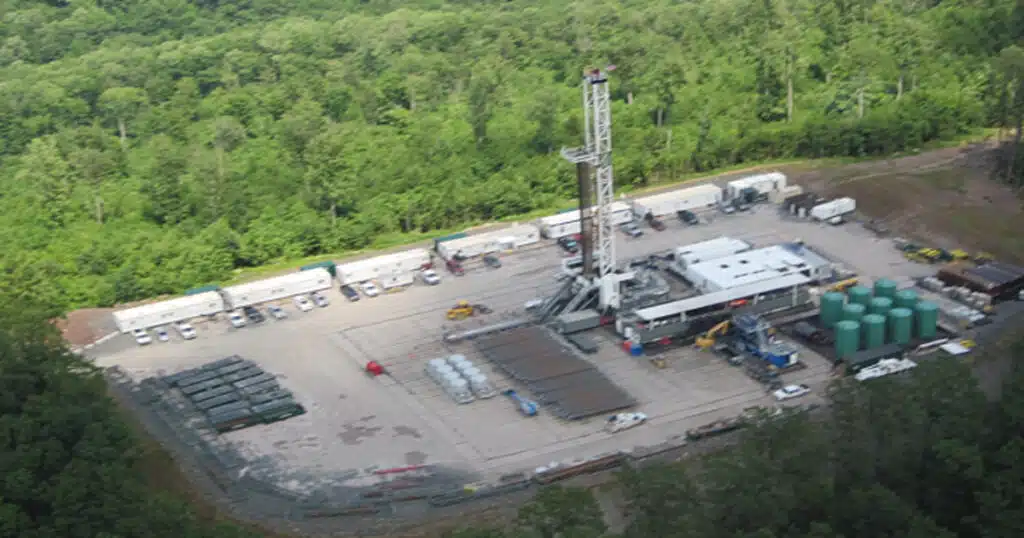
Ghoulish Gardeners Rejoice! Human Composting Is Now A Thing
This past Saturday, New Years Eve, the Democratic governor of New York Kathy Hochul, signed a bill that allows human composting.
Who needs fertilizer or mulch when you can use Uncle Fred or Cousin Ralph, right?
What surprised me was that New York was the sixth state to legalize turning over your garden with what used to be people.
Not surprisingly, Washington state legalized it in 2019. Oregon and Colorado did the same in 2021, and California and Vermont took the plunge in 2022.
Naturally, this entire concept is to help alleviate the cause that doesn’t exist, climate change.
If your interested in becoming plant food, or know someone that is, here is how the process works:
The body is placed in a cradle along with alfalfa, wood chips and straw. This combination of ingredients creates an environment that allows the body to break down in about a month’s time.
When I heard this the first thing that crossed my mind was that this could be valuable information for any murderers that were slinking around out there. Afterall, the ingredients aren’t very exotic and a month is a relatively short period of time.
After a month, the average body produces approximately a cubic yard of nutrient dense soil, or about 36 bags. The human fertilizer is now ready for use.
In New York, the bill was introduced by Democratic State Assembly Member Amy Paulin and Democratic State Sen. Leroy Comrie.
The bill is worded this way:
“Natural Organic Reduction (NOR) accelerates the process of biological decomposition in an above-ground container, naturally converting human remains to soil. The method will provide New Yorkers with the option of choosing an environmentally sustainable and cost-effective alternative to burial and cremation. Natural Organic Reduction was legalized in Washington State in 2019 and is currently going through legislative efforts in other states.”
As you can probably guess, there was pushback on the idea of turning people into bags of fertilizer. Chief among them was Dennis Poust, Executive Director of the New York State Catholic Conference.
Poust was not only disgusted by the idea of human composting, but he was also infuriated by the manner the bill was passed.
“Like most bills in Albany, there were no public hearings allowing New Yorkers to weigh in on the pros and cons of the bill. It was all done behind closed doors. The average New Yorker has no idea this bill was introduced, let alone passed. While it has been covered here and there in the press, it has received very little attention, which is troubling, because we certainly think that new methods of disposition of human remains ought to be talked about in society, and the public should have a chance to consider if this is a direction we want to go. A process that is perfectly appropriate for returning vegetable trimmings to the earth is not necessarily appropriate for human bodies. Human bodies are not household waste, and we do not believe that the process meets the standard of reverent treatment of our earthly remains.”
In Seattle, there is a full service “green funeral home” named “Recompose.” The founder is Katrina Spade who believes that this “feels like a movement” for those who are environmentally aware.
“Cremation uses fossil fuels and burial uses a lot of land and has a carbon footprint,” said Spade. For a lot of folks being turned into soil that can be turned to grow into a garden or tree is pretty impactful.”
“Recompose” charges $7,000 to compost a person. On the funeral home’s website the ceremony is explained.
“When you arrive at Recompose Seattle, you will be greeted by a member of our Services team who will guide you to the Gathering Space. Your person’s body will be in view when you walk into the Gathering Space, lying on a dark green bed we call a cradle, draped in a natural cloth. The cradle will be stationed in front of our white, hexagonal threshold vessel, which is a passageway to our vessel system. A Recompose Services Specialist will guide you through the ceremony from start to finish.”
The website also states:
“For every person who chooses Recompose over conventional burial or cremation, one metric ton of carbon dioxide is prevented from entering the atmosphere. In addition, our approach to human composting requires 1/8 the energy of conventional burial or cremation. Recompose allows you to choose an end-of-life option that strengthens the environment rather than depleting it.”
Just imagine, can it be that far off when on Home Depot shelves nestled in among the “Miracle Grow” are bags labeled, Uncle Harvey or Aunt Mary?
Yikes!



